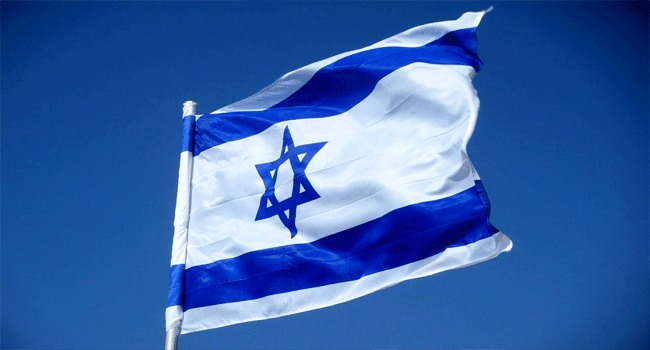Israel announced it has killed a top Hezbollah commander, Fuad Shukr, following an airstrike on a southern suburb of Beirut, Lebanon.
The Israeli military labeled the action as an “intelligence-based elimination,” targeting Shukr. Hezbollah has not yet confirmed his death but acknowledged that Shukr was in the building at the time of the strike.
Israeli officials claim Shukr was behind a recent rocket attack on the Israeli-occupied Golan Heights, which resulted in the deaths of 12 people, mostly children. Hezbollah has denied involvement in the attack.
In a statement on Wednesday, Hezbollah mentioned that rubble was still being cleared from the building in Daniyeh, a stronghold of the group, and they were “still waiting for the result.” They also noted that several people had been killed in the strike.
Lebanese Prime Minister Najib Mikati condemned the airstrike, calling it a “blatant Israeli aggression” and a “criminal act” in a “series of aggressive operations killing civilians in clear and explicit violation of international law.”
Following the attack, Israeli Defence Minister Yoav Gallant stated on social media that “Hezbollah crossed the red line.” An Israeli official confirmed to CBS News that Israel had informed the US of its plans for the Beirut strike.
Fuad Shukr was believed to be a senior adviser to Hezbollah leader Hassan Nasrallah. The US had previously offered a $5 million reward for information about him, alleging his involvement in the 1983 bombing of a US Marines barracks in Beirut, which killed 241 US military personnel.
Haret Hreik, the targeted area in Dahiyeh, is densely populated and heavily fortified, with numerous Hezbollah checkpoints.
White House press secretary Karine Jean-Pierre stated that President Joe Biden believes a wider war between Israel and Hezbollah can be avoided.
“We do not want to see an escalation, we do not want to see an all-out war,” she said.
Earlier in the day, two unnamed Israeli officials told Reuters news agency that while Israel sought to hurt Hezbollah, it did not want to drag Lebanon into all-out war.
The Israeli Defense Forces (IDF) later said there would be no new instructions for Israelis on taking shelter, suggesting they did not anticipate an immediate or significant Hezbollah reaction.
Both sides are acutely aware of the catastrophic potential of an all-out war, which could draw in Iran to support its Lebanese proxy, Hezbollah.
An Israeli response was anticipated following the deadly attack in the Israeli-occupied Golan Heights on Saturday. Israel’s security cabinet had authorized Prime Minister Benjamin Netanyahu and Defense Minister Yoav Gallant to determine the nature of the retaliation.
At least 12 people, mostly children, were killed when a rocket struck a football pitch in Majdal Shams. Israel has attributed the attack to Hezbollah, but the group denies any involvement.
This incident is the deadliest near the Israel-Lebanon border since hostilities between Israel and Hezbollah intensified in October, following Hamas’ attack on Israel on October 7. In response, Hezbollah, which supports Hamas, initiated a limited second front in Israel’s north, leading to ongoing exchanges of fire between the two sides.
In recent days, world leaders have urged restraint, fearing the escalation could lead to an all-out war. On Tuesday, the UK Foreign Secretary advised UK nationals in Lebanon to leave immediately to avoid “becoming trapped in a warzone.”
David Lammy has arrived in Qatar along with Defence Secretary John Healey “to “drive forward efforts to bring the conflict in Gaza to an end and to press for de-escalation in the region”, the Foreign Office said.
He said escalation and destabilisation were “in no-one’s interests”, adding: “It is absolutely vital that we engage closely with partners like Qatar, who play a key role in mediating the conflict in Gaza, so that we can bring this devastating war to an end.”



